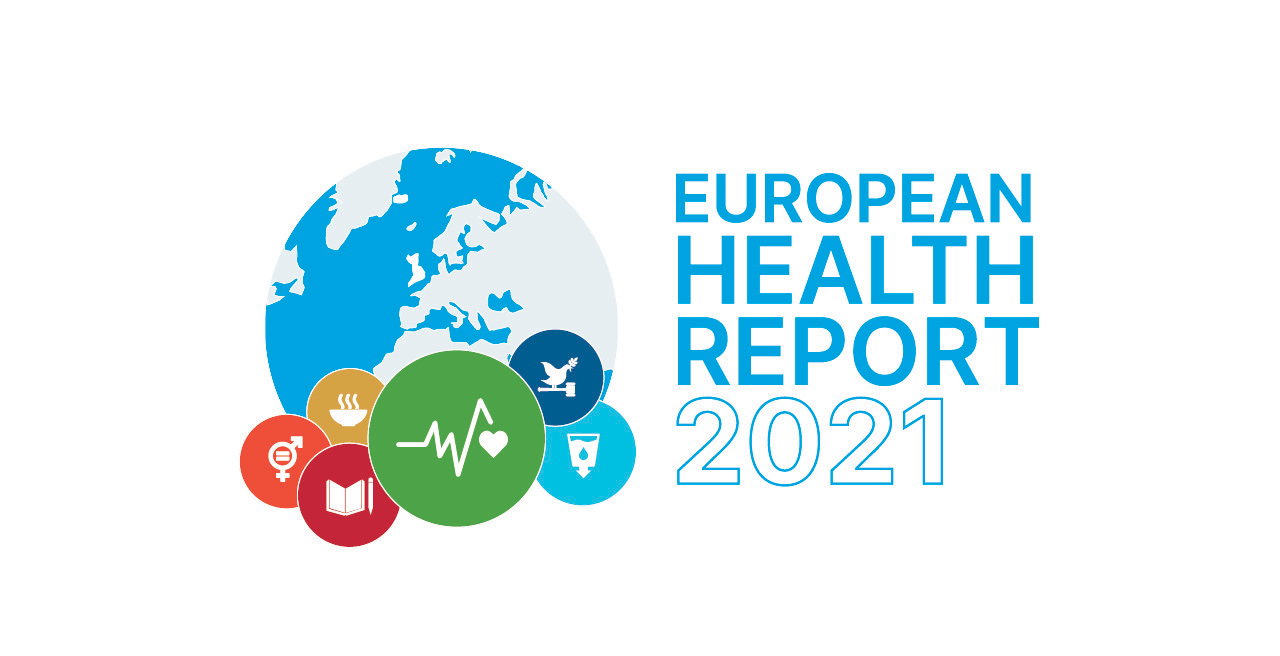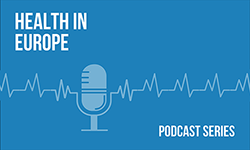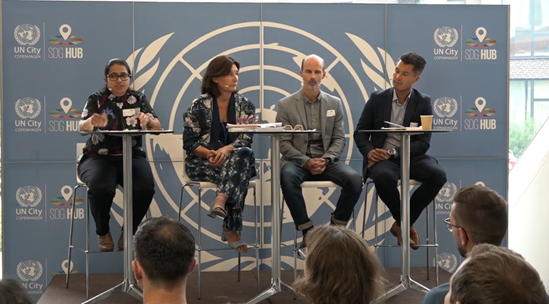Behavioural and cultural insights
How we behave is an essential part of our health and well-being. Think about lifestyle behaviours, such as drinking alcohol, smoking, being physically inactive or eating unhealthy food. Think about protective behaviours, such as wearing a mask or using condoms; or think about our interactions with health services and treatment – for example, whether we attend vaccination or follow a treatment plan. WHO/Europe uses behavioural and cultural insights (BCI) to understand these behaviours, what drives them and what prevents them. This knowledge is valuable for ensuring effective health policies, services and communication that are tailored to the needs and circumstances of people and communities.
























